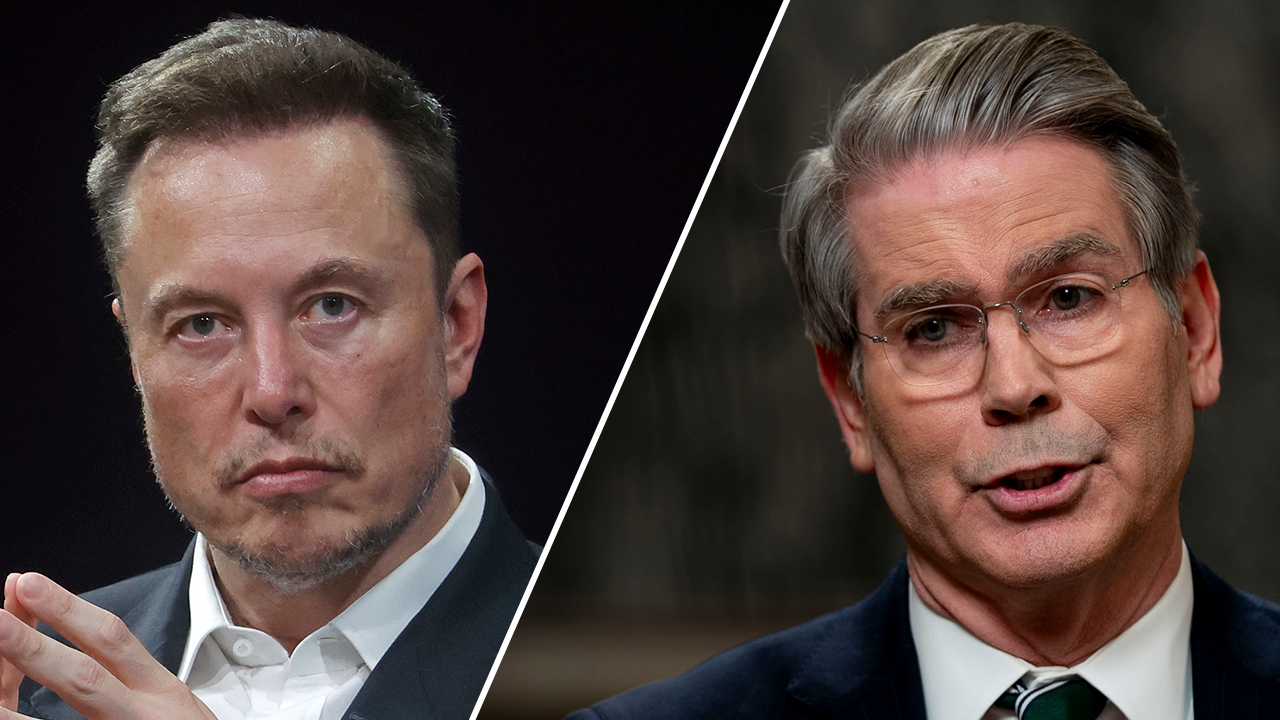Judge’s ‘hopelessly ambiguous’ order barring DOGE from Treasury sparks concern Bessent may also be locked out

A recent federal judge’s order has sparked controversy and confusion, with legal experts questioning whether it goes too far in restricting access to Treasury Department data. The order, issued by U.S. District Judge Paul Engelmayer, temporarily bars DOGE from accessing the Treasury system, a move that has prompted strong criticism from Republicans who view it as judicial overreach.
The lawsuit, brought by 19 Democratic state attorneys general, alleges that allowing DOGE full access to the Treasury’s payment systems violates the law. The order specifically prohibits political appointees, special government employees, and any government employees from outside the Treasury Department from accessing Treasury data containing personally identifiable information. This includes President Donald Trump, Treasury Secretary Scott Bessent, and the U.S. Treasury as defendants in the case.
Critics of the order argue that it is overly broad and may even prevent Secretary Bessent from accessing Treasury data himself. This has raised concerns about the potential impact on government operations and transparency. Some legal experts have also questioned whether the attorneys general have standing to challenge DOGE and the Treasury’s decision to grant access to select members of the agency.
Secretary Bessent has defended DOGE’s access to Treasury data, stating that it is limited to “read-only” access and has not caused any delays or disruptions to essential payments like Social Security and Medicare. DOGE, led by Elon Musk, has been conducting investigations into government overspending and fraud, uncovering significant issues within the national treasury.
In response to the order, Musk has called for Judge Engelmayer’s impeachment, accusing him of protecting corruption. Vice President JD Vance has also criticized the order, arguing that judges should not interfere with the executive branch’s legitimate powers.
The order is set to be revisited at a hearing scheduled for February 14th. In the meantime, the controversy surrounding the order continues to fuel debate over the balance of power between the judiciary and the executive branch.




